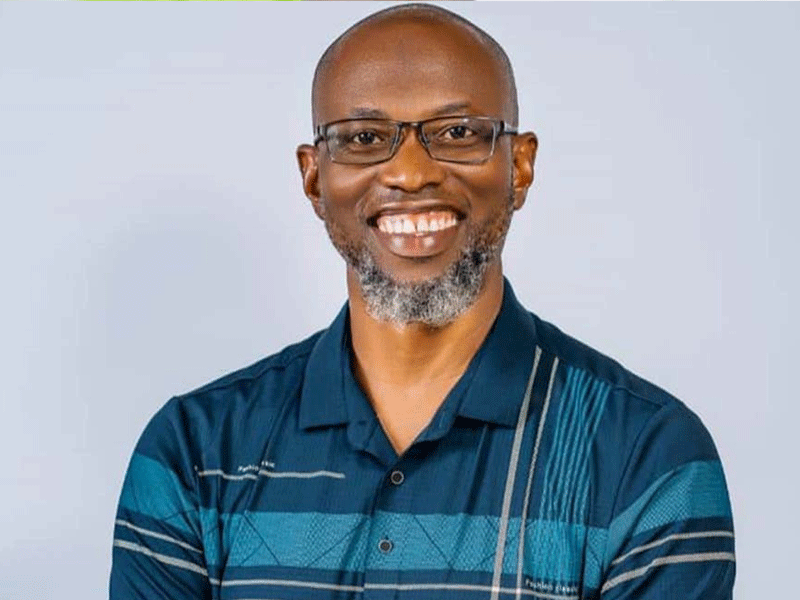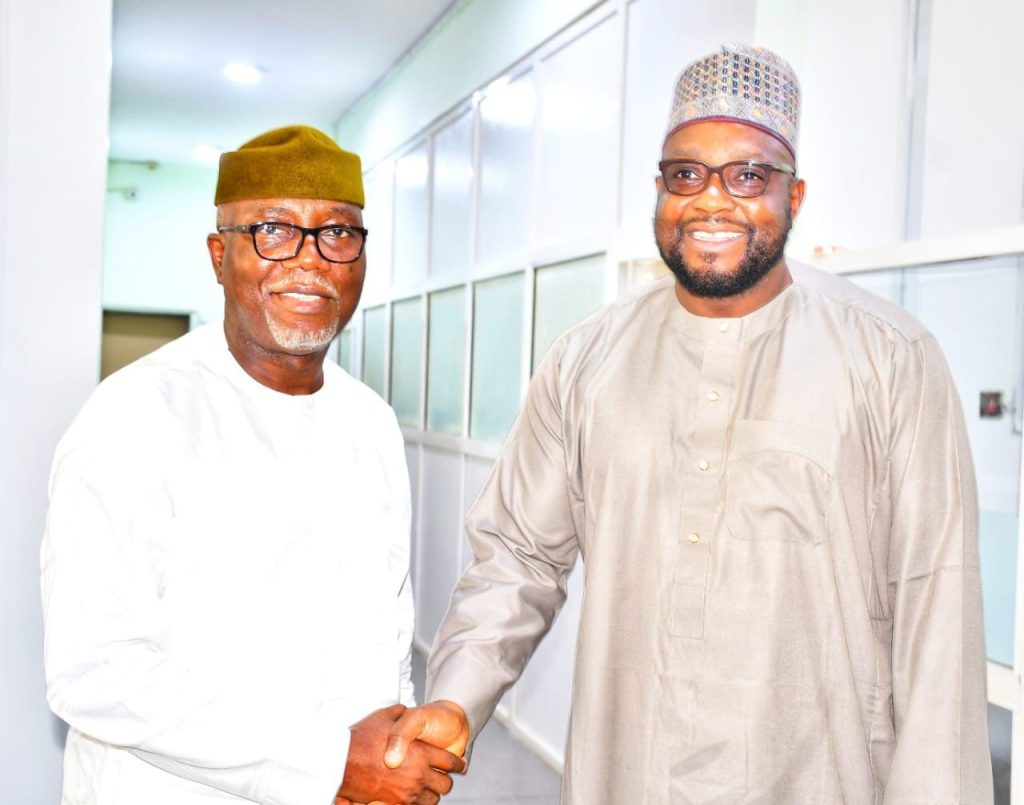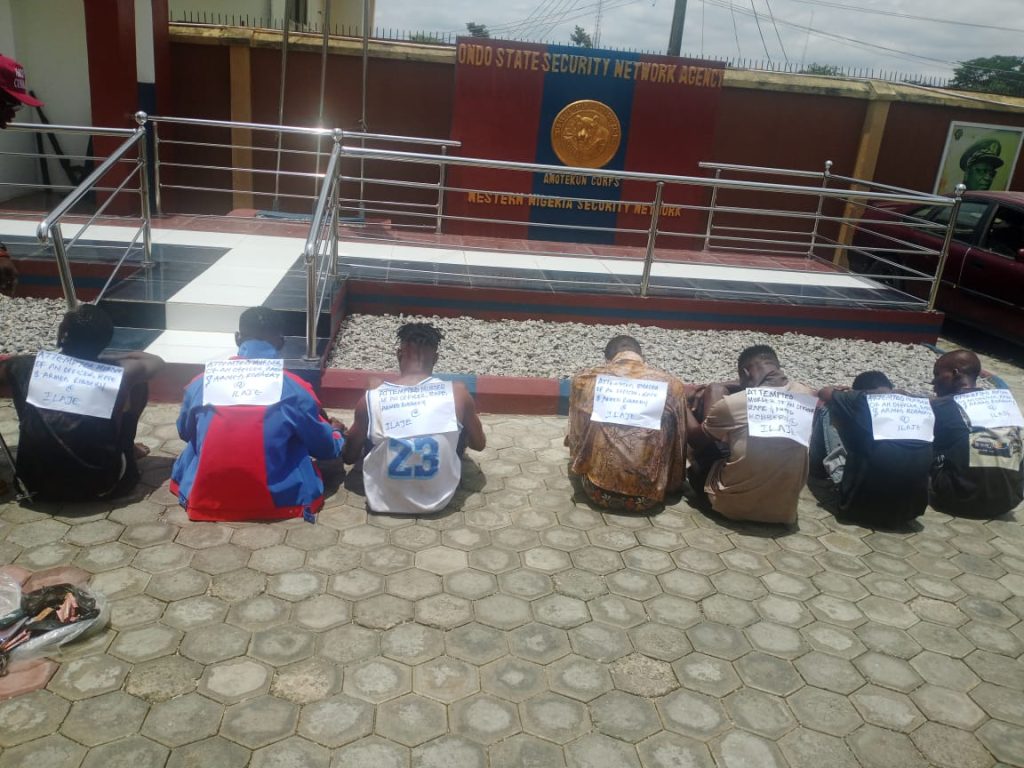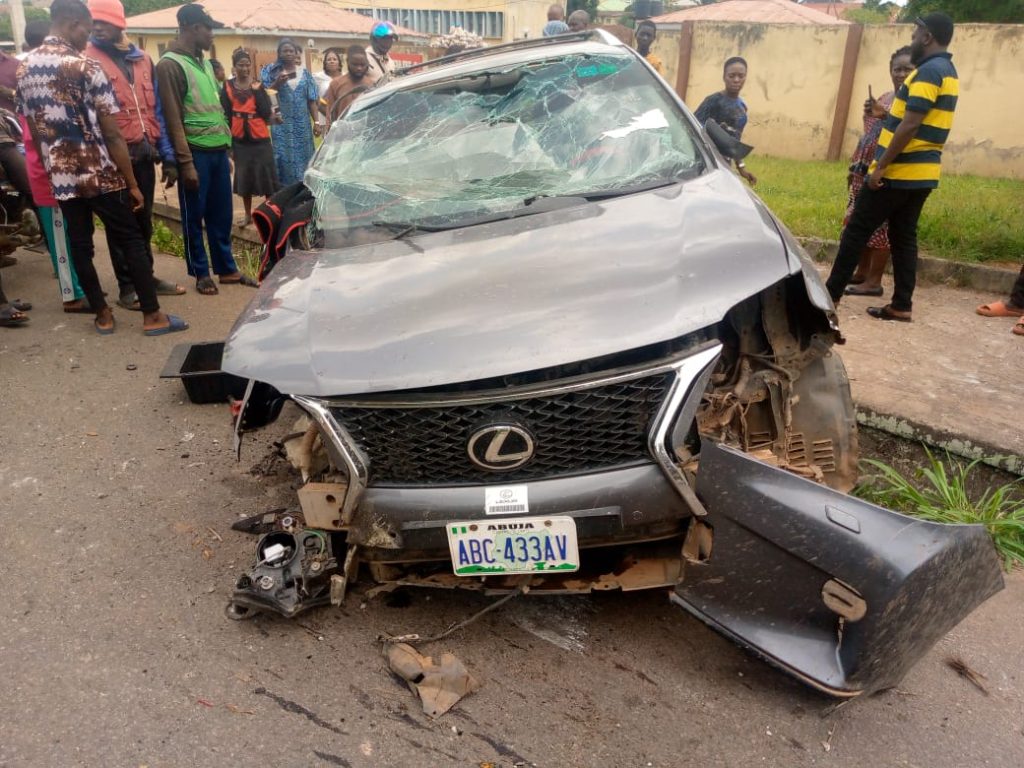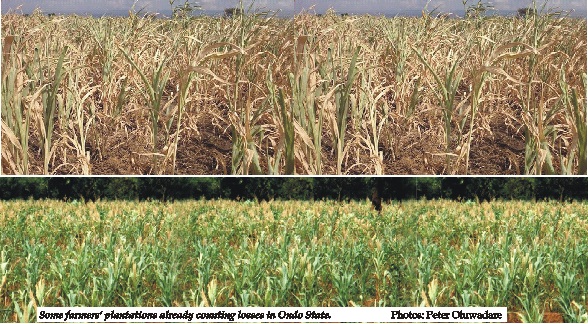Plights of Nigerian students in Sudan, Ukraine
By Babatunde Ayedoju
|
As the conflict between Russia and Ukraine got to its climax, on February 24, 2022, President Vladimir Putin of Russia authorised an invasion of Ukraine, a crisis that has continued up till now and has led to many casualties.
Unfortunately, many Nigerians, especially students, were trapped in the war-ravaged Ukraine at that time. It should be noted that at least two decades, Ukraine has been a choice destination for African students, especially those in medicine-related fields, because it is cheaper, compared to other countries in Europe, and the United States. Even during the Cold War era, students of African descent were given scholarships to study in different states across the Soviet Union as the communist enclave sought to increase its soft power in Africa.
According to media reports, the Russia-Ukraine war, at its inception, left about 16,000 African students stranded. Among them were over a thousand from Nigeria. The students reportedly had a hard time getting help from the Nigerian embassy in Ukraine. A lot of them were further rendered helpless as they needed institutions where they could complete their studies.
A senior official at the Ministry of Foreign Affairs, Gabriel Aduda, back then had claimed that talks were ongoing with Polish, Greek, Romanian and Hungarian authorities to allow Nigerian students in their final years of medical school complete their courses in universities in those countries.
Surprisingly, when the Nigerian government made efforts to evacuate her citizens stranded in the eastern European country, some refused to key into the offer, saying that they would rather remain in the war zone or seek refuge elsewhere than return to Nigeria. They cited the unpleasant situation of things in Nigeria as the reason for their decisions.
Fast-forward to April 16, 2023. Crisis broke out in Sudan, due to a clash between two army generals – Abdel Fattah Al-Burhan of the Sudanese army and Mohammed Hamdan Dagalo of the Rapid Support Forces.
Both of them rose to prominence in the 2000s as a result of their role in the Darfur Crisis. Until recently, the two men were brothers-in-arms who worked together to topple President Omar al-Bashir in 2019, playing a pivotal role in the military coup of 2021. Today, they are at the centre of a crisis that has claimed the lives of at least 459 people, with more than 4,000 injured according to the World Health Organization.
At the beginning of the war, Nigeria was said to have about 5,500 citizens in Sudan, out of which close to 4,000 were students. Speaking on television, Nigeria’s Minister Foreign Affairs, Geoffrey Onyeama, had reported that Nigeria needed to secure the consent of the Sudanese government before making any effort to evacuate stranded citizens, so that the lives of those Nigerians would not be jeopardised in the process.
The media space was full of stories about the plight of Nigerians seeking to escape the war zone, even as some claimed they had to pay their way out of danger. Also reported was the story of how the Nigerian government spent $1.2 million to hire 40 buses that would convey the stranded citizens from Khartoum to Aswan or Port Sudan and one of them even reportedly caught fire.
How well can one say that Nigeria has fared in securing her citizens abroad, especially students? Could it be that if these students could get the best locally they would not have sought better educational opportunities abroad?
Addressing the issues raised, Professor Simon Ehiabhi from the Department of History and International Studies, Adekunle Ajasin University, Akungba-Akoko, first submitted that the function of any state is to provide for the security and welfare of its citizens anywhere in the world, and to achieve that such a state must be powerful. He then opined that Nigeria is not a powerful state but a potentially powerful state.
From a broad perspective, Ehiabhi noted that the Nigerian government has not given adequate attention to the security of its citizens within the country, thereby raising doubt about its ability to secure the ones who are abroad.
He, however, noted that there was no recorded loss of any Nigerian either in Ukraine or in Sudan, adding that in the case of Ukraine, Nigeria was able to resettle some of the stranded students in other institutions.
While noting that there is nothing wrong with Nigerians schooling abroad, because education is universal, the university don admitted that a better condition in our schools would have encouraged many of these students to study within the country, because a lot of the courses Nigerians study abroad are available at home. He noted that the major difference is the condition of the environment in which knowledge is imparted.
He, therefore, recommended that our leaders should invest heavily in education, so that we can have a knowledge-driven economy. He added that there should also be a complete overhaul of our educational curriculum from primary school to university level.
Dr Harrison Idowu is of the opinion that the government did not fare badly in its move to evacuate stranded Nigerians from Ukraine and Russia, considering the resources and other logistics involved.
While acknowledging that there is no place like home, Idowu stated that irrespective of the state of education in Nigeria, people will still continue to travel. In his words, “Why on earth will any Nigerian student want to study in Sudan? I doubt if any of the universities in Sudan can compete with the ones in Nigeria.”
He noted that while some travel out because they just want to change environment, others have to go because institutions at home are congested. He, therefore, suggested that government should enlarge the capacity of universities in the country and improve on the working condition of staff.
Dr Kunle Akinola from the Department of Political Science, Adekunle Ajasin University, Akungba-Akoko, opined that the Nigerian government needed to secure permission from the Sudanese and Egyptian governments before seeking to evacuate Nigerians, in order not to jeopardize their lives. He added that there was a larger number of Nigerians in Sudan than nationals of most other countries. He suggested that these factors could have caused the slow pace of evacuating Nigerians from the war zone.
While noting that universities in some of the countries Nigerians travel to, including Sudan, are not better than Nigerian schools. He said that some simply want to change environment and they see education abroad as the easiest way to achieve that.
He suggested that the Nigerian government should be more proactive in promptly issuing advisory to Nigerian citizens in dangerous places, adding that Nigerians in some crisis-prone areas stand the risk of being radicalized and coming back home to constitute a threat to the security of the nation.
Akinola equally stated the need for Federal Government to pay more attention to the welfare of Nigerians at home, acknowledging that there are some countries Nigerians should not have a reason to travel to if they feel secure at home, because such countries do not hold better promise for our citizens.

